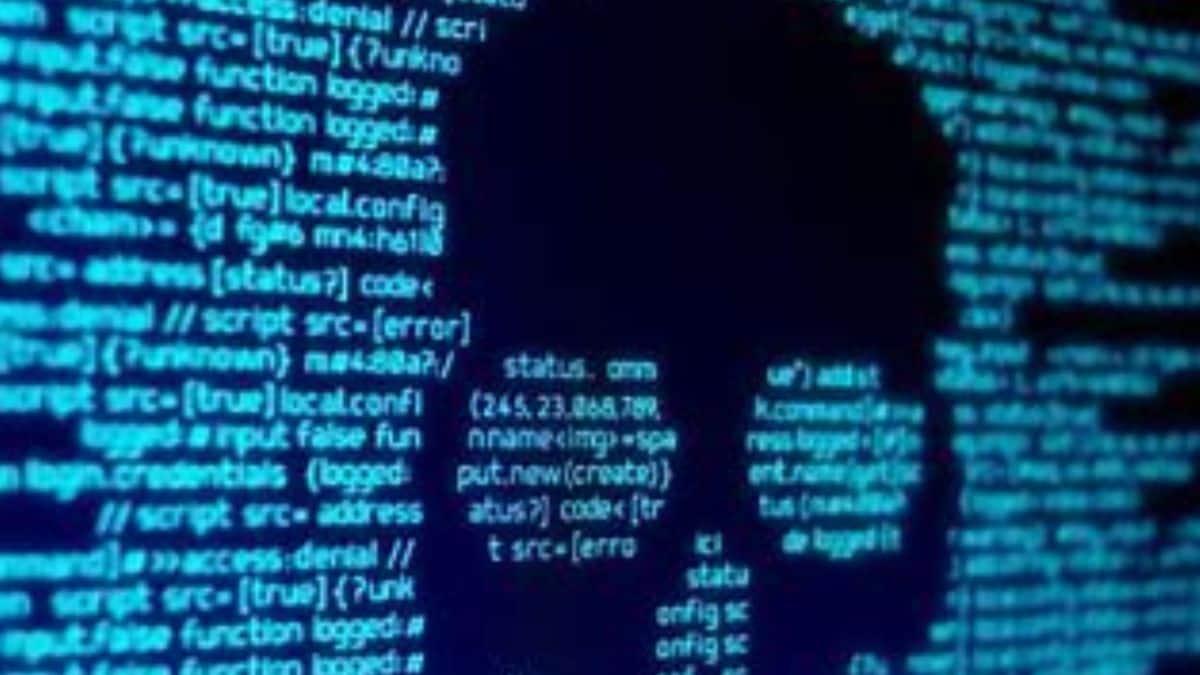The government’s digital infrastructure in Montenegro subjected to cyber attack

The government’s digital infrastructure in Montenegro had been subjected to an “unprecedented” cyber attack, according to authorities, who indicated that swift action had been taken to mitigate its effects.
Maras Dukaj, the minister of public administration, stated in a tweet that “certain services were temporarily suspended for security reasons, but the security of accounts belonging to individuals and businesses, as well as their data, have not been jeopardized.”
According to Dukaj, the attack began on Thursday night in the tiny Adriatic republic, and Montenegro, a NATO member, had informed its partners about it. It was similar to numerous other recent attacks.
The U.S. Embassy in Podgorica, the capital of Montenegro, posted a statement on its website stating that “a persistent and continuing cyber-attack is underway in Montenegro.” The attack may cause issues for the public utilities, transportation (including airports and border crossings), and telecommunication sectors.
The embassy advised Americans to travel and move throughout Montenegro only as often as was absolutely necessary and to have up-to-date, accessible travel documents.
The online news portal Vijesti cited the National Security Agency (ANB) as stating that the attack was “unprecedented.”
Vijesti cited Milutin Djukanovic, the head of the EPCG Board of Directors, as saying that after receiving warnings from the ANB that it would be the target of the attack, the state-owned power firm EPCG altered its operation to manual handling in order to avert any potential damage.
Djukanovic stated that certain clients’ services had been momentarily shut down out of caution.
Outgoing prime minister Dritan Abazovic called a meeting of the National Security Council on Friday night to discuss the incident. Abazovic asserted that his government’s ouster last week was driven by politics.
Hackers also targeted Montenegro’s government-run digital infrastructure on election day in 2016 and once more over the course of several months in 2017, as the former Yugoslav nation was prepared to join NATO.
According to a NATO official quoted by Voice of America, the Western military alliance was aware of allegations of cyberattacks in Montenegro and ready to support its government if necessary.


